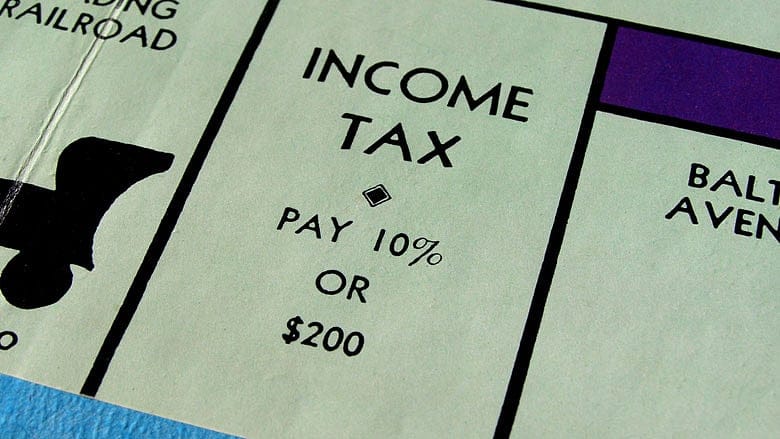The ‘millionaire tax’: California here we come

Massachusetts progressives are making another try at amending the state constitution to permit a graduated income tax. This is after unsuccessful efforts to do the same thing in 1962, 1968, 1972, 1976 and 1994.
But this time is different. In 1994, proponents were upfront about what they had in mind. They put two measures on the ballot – one to amend the constitution and a second to put a specific graduated rate structure before the voters for their approval. Now the plan is to let voters find out after they have approved the amendment exactly what they will be getting in the form of a graduated rate structure.

